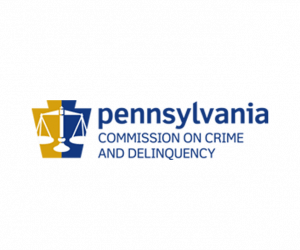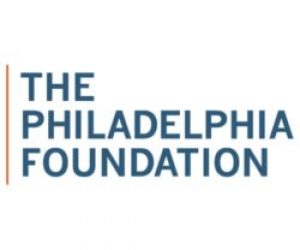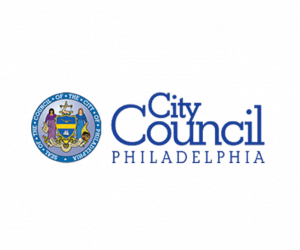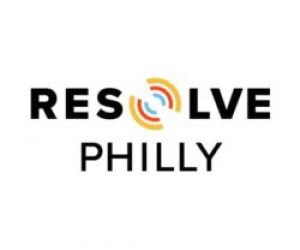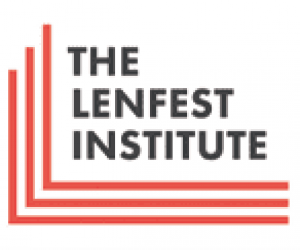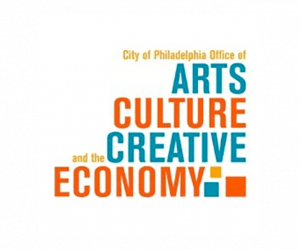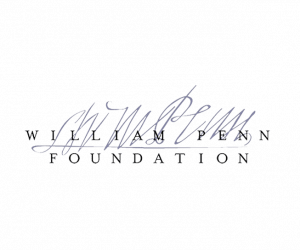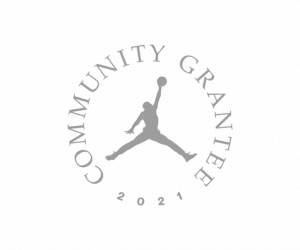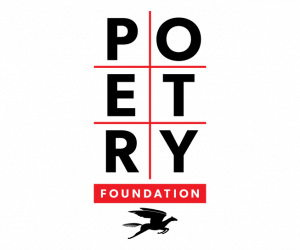School Groups De-escalate Youth Violence by Meeting Students Where They Are
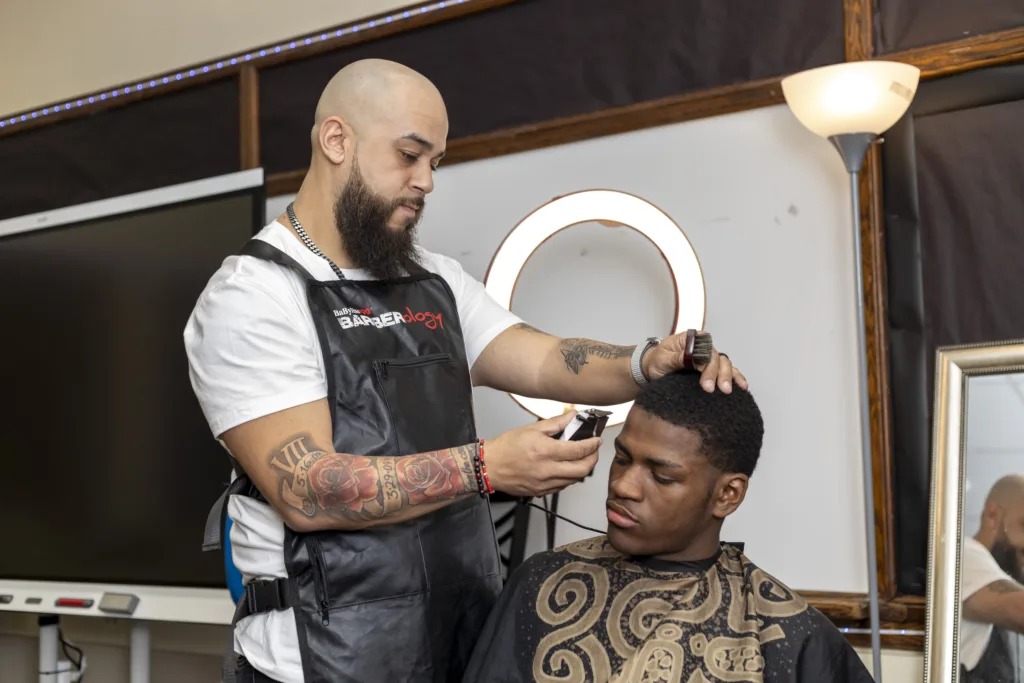
By Annette John-Hall
We interviewed three dozen people about their vision for a more loving Philadelphia. One of the most common themes that emerged was a call for more investment in young people’s education and mentorships that foster a sense of safety and belonging. People believe this could help prevent violence and promote mutual respect among young people. It has inspired this story’s focus on conflict resolution tools offered in schools that equip students with tools to de-escalate conflicts that result in resolution rather than escalate toward violence. This is the second in our three-part “A More Loving Philly” series.
These days, people are embracing a healing approach to daily life. There seems to be a significant shift in the commitment to navigating trauma in a loving way.
It is something people say they want young people exposed to while in Philadelphia schools. If you work in the schools with students every day, your charge is to help keep them safe, and you are invested in their well-being. So you share their pain when young lives are lost.
“I always think about how I can do more,” says Kevin Rosa.
But Rosa is already doing his part to quell the recent rise in gun violence that threatens the lives of so many young people. He runs the Youth Violence Reduction Initiative (YVRI) at Bartram High School, the only program of its kind in Philadelphia’s public schools. It’s a federally funded pilot program that aims to reduce violence for at-risk students through a series of programs and strategies.
YVRI operates under the umbrella of the school district’s Office of School Safety, which oversees more than a half dozen programs designed to de-escalate violence in schools. The assistant director of the office is Eric Rosa, who happens to be Kevin’s older brother. Kevin and Eric’s two other brothers also work as school safety officers in the district.
It is indeed a family affair for the Rosas, who grew up in North Philly and the Northeast, attended public schools, and have a calling to do the work, partly because the experiences of some students have been their own.
Though the Rosa boys grew up in a stable home with both their mother and father, “We got into some things I’m not too proud of. We’re the reason our dad is bald today,” joked Eric.
“But that gives us credibility. We’re credible messengers,” Kevin says.
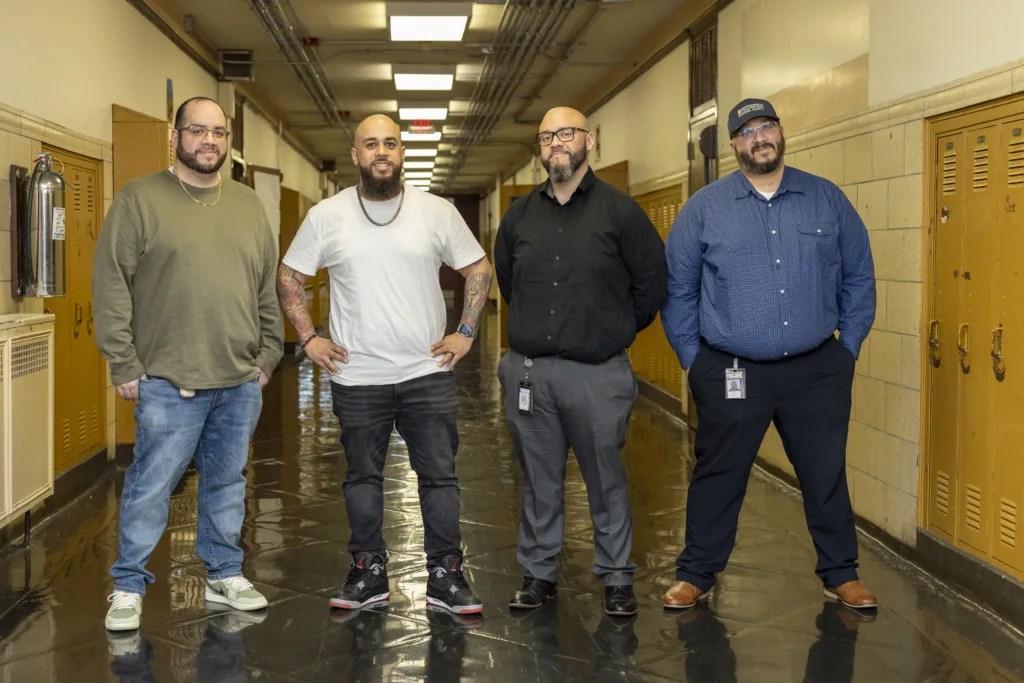
The Rosa brothers, who work for the Philadelphia Office of School Safety, smile as they stand in the halls of Bartram High School. David Rosa, Kevin Rosa, Eric Rosa, and Edwin Rosa (left to right) all work to support safe environments for young people.
At Bartram, the Youth Violence Reduction Initiative works officially with a caseload of about 21 students. Rosa’s staff connects them with outside resources based on their needs, whether it be therapy, rehab, employment, an encouraging word, or simply a place to go after school.
But that’s just the official work. On any given day, students walk into Kevin’s office at Bartram to talk or just to hang out. Students respect and trust Kevin because they know him. Kevin has worked hard to build that trust, spending close to a decade in the Southwest community forging relationships, not only in the schools but also by going to the pizzerias and “papi” stores where students frequent.
“I have students right now who are seniors that I’ve had since the fifth grade,” Kevin says. “I’ve become a part of their lives.”
During the eight years Kevin has worked at schools in Philadelphia’s Paschal neighborhood, he painfully recalls about 20 students have been shot, with one young person not surviving. When Rosa started as a school safety officer at Tilden Middle School, he realized he needed a way to connect more intimately with the students, to get them to trust and talk to him about what they were going through.
He knew getting a haircut was a luxury, not a necessity, for kids with limited resources.
“A couple of students were telling me they wanted haircuts,” says Kevin, who decided right then to put his barbering skills to the test.
He set up a chair and went to work. “They would open up to me more and I started to talk to them,” he explains. Not only did fresh cuts build students’ confidence, “Now I have a captive audience, and I can ask serious questions because you’re not going to get out of the chair with half a haircut.”
Today at Bartram, Kevin has cut back on the haircuts some, but still follows the same model. He meets students where they are. If they’re into rap, he’ll set them up with a computer program and challenge them to “show me what you got.” Students respect his challenges because Kevin is known as “Phire” in the rap world and is pretty tight with a beat and a rhyme himself.
“Now I can ask them questions like, ‘What do you mean by that?’ That’s how I build trust,” Kevin says.
In recent years, there has been a gradual change in what safety looks like in Philadelphia public schools. The school district’s Safety Officers took off their police-looking uniforms. They’re doing more listening and less hand-cuffing. They’re showing more empathy and concern.
“In the past, we were very paramilitary,” Eric Rosa says. “We dressed like police, we talked like police. Now, we have a much more restorative approach to school safety. We’re giving students alternatives to challenging behavior. We’re not only that hammer figure, but we want to make sure that when kids come to school, they’re met with a warm, welcoming atmosphere.”
This is part of what love looks like in Philadelphia’s public schools.
******************************************
For many students already threatened by violence in their neighborhoods, going through the pandemic was devastating,
“During COVID, there was no school to come to, and a lot of kids were forced to stay home in situations that were just terrible,” Eric Rosa recalls. “A lot of parents lost their jobs, and kids were thrust into roles where they had to figure out how they had to bring money home.” He understands some did illegal things to make money.
“When the kids came back after COVID, they came back different.” He says many returned academically behind and some came back more prone to violence. According to Chalkbeat, 199 students were shot in Philadelphia in 2023, and 33 students died as a result of those shootings.
“There are many reasons petty conflicts erupt into violence, but the one thing that drives it is social media,” Eric Rosa says.
“A lot of times when a student is shot or beat up, other students take to social media to brag about it,” he notes. “They mock the fact that a kid got shot, and it makes the other group feel like they have to retaliate.”
Part of the solution is to squash the potential for violence before it starts. That’s where groups like YEAH Philly come in.
Youth Empowerment for Advancement Hangout, or YEAH Philly, works with schools in West Philly to implement their own peer mediation and conflict resolution programs. YEAH Philly trains students to do the work. Once trained, students facilitate the conflict while adults provide support.
“The schools will call us and say, ‘We’ve got this big fight that involved 25 people, and it’s been going on all year,’” says Kendra Van de Water, who, along with James Aye, is the founder and CEO of the organization. “And now people are catching legal cases, and parents are bringing guns to school and all these other things. Why didn’t they address this at the front end of the school year and not a year later?”
Van de Water adds that peer mediation works when implemented correctly and both sides are willing. “We tell them, ‘We’re not here to rehash; we’re here to figure out how to move forward.’ We ask, ‘ What do you want out of this? What will make you feel better?’”
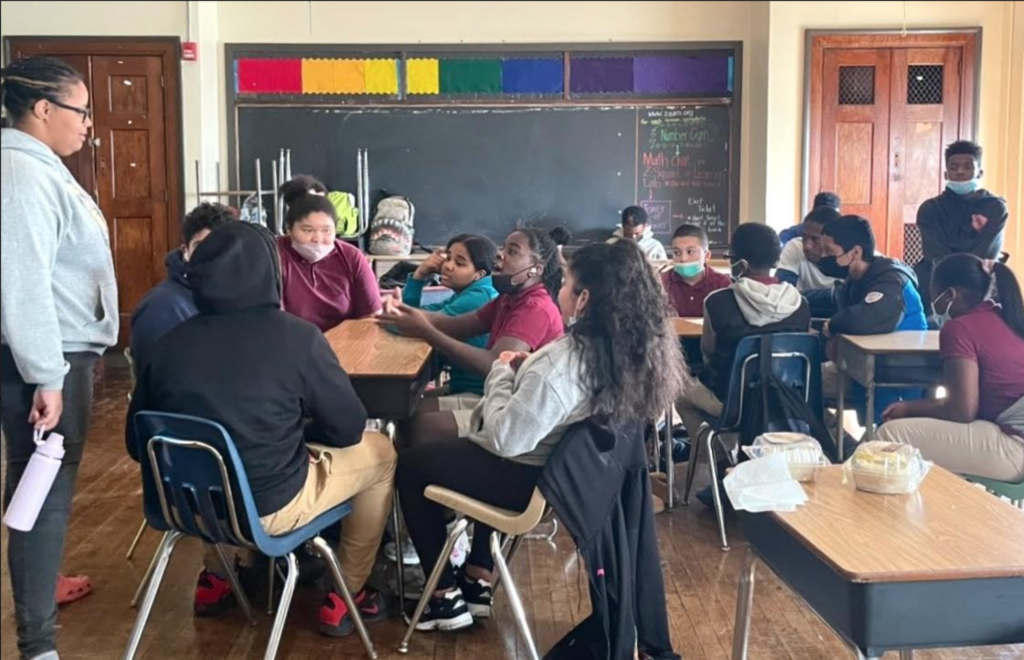
YEAH Philly’s trained peer mediators Monet Seidle and Nakir Johnson are helping a school implement its formal mediation and conflict resolution program. YEAH Philly workshops are open to young people living in West and SW Philadelphia. Photo provided by YEAH Philly.
Some young people come to YEAH Philly through court referral, but mostly teens show up at the group’s hangout space at 53rd and Walton through social media and word of mouth. The organization focuses on what Van de Water believes is the most vulnerable population — kids between the ages of 15 and 24.
“We as a society don’t treat young Black people, especially older teenagers, well,” she says. “We require them to do a lot of things, but we don’t provide a lot of support.”
YEAH Philly also helps young people get what they need to be productive adults — vital documents like driver’s licenses and social security cards, skills like how to drive a car, or how to fill out a job application.
The group pays students a monetary stipend to train and participate in the mediation program. For YEAH Philly members like Ramir Briddell, that training has paid off in ways he could have never predicted.
“I feel like YEAH has pushed me to use my full potential a whole lot more than I would have done myself,” Briddell says. If I hadn’t joined YEAH, I probably would have procrastinated a lot.”
Once he passes his background check, Briddell is poised to land a job driving buses for SEPTA, thanks in part to the mediation training he received at YEAH Philly.
Briddell, who has always been interested in the automotive industry, received his commercial driver’s license last year. However, he was having a hard time getting a job because he was young and lacked experience.
On Christmas day, Briddell turned 21, and soon after, with nudging from Van de Water and Aye, applied at SEPTA and got an interview. During the first part of the two-part interview, Briddell was asked how he would handle a passenger who was angry because they had missed their last bus.
Because he had learned how to de-escalate situations through peer mediation training, Briddell aced the answer.
“You can’t let your ego take over the situation,” he says. “All you can say is that you’re sorry that happened and that you’ll try to get them to their stop as soon as possible. You never know what a person is dealing with…and being nice to them could make your day better.”
In the end, says Van de Water, people just want to be heard, whether they are high school students or bus passengers.
“People want to be loved. They just want people to care about them all the time.”
Love Now Media is one of more than 25 news organizations powering the Philadelphia Journalism Collaborative. We do solutions reporting on things that affect daily life in our city where the problem and symptoms are obvious, but what’s driving them isn’t.
Follow us at @PHLJournoCollab



